The journey started with 2G and 3G, where Voice was the leading service, and the main protocols were SS7 and SIGTRAN (Signaling Transport). At this time, the primary Firewalls are: […]
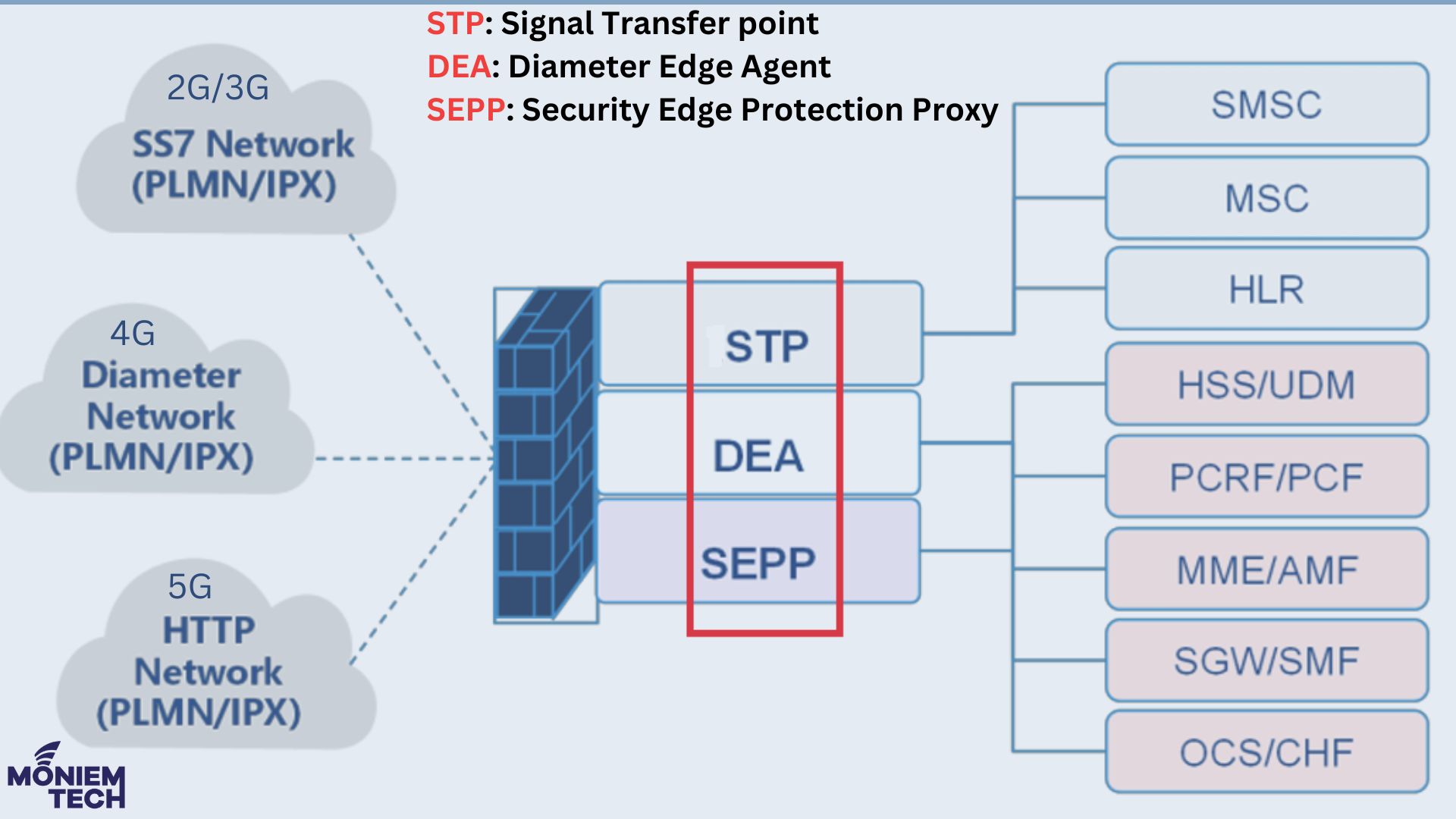
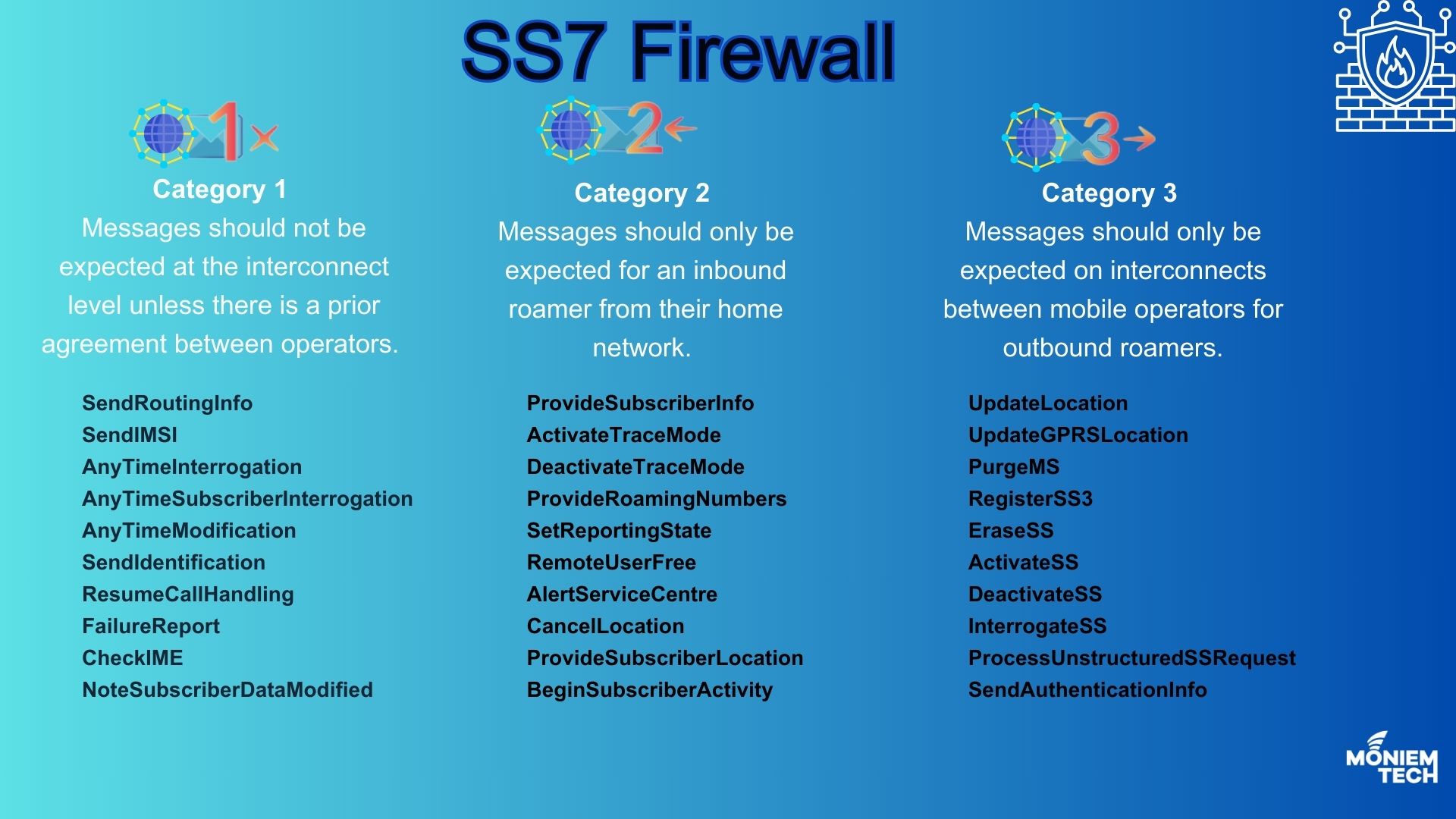
SS7 was never designed with security in mind, so it has always been open to internal and external threats. S7 Firewall is a smart, rules-based system that can monitor, create […]

When I started my 5G Journey in 2017, I first explored the 5G network versions: 5G NSA (Non-Standalone) and 5G SA (Standalone). Most MNOs envision starting with 5G NSA and […]
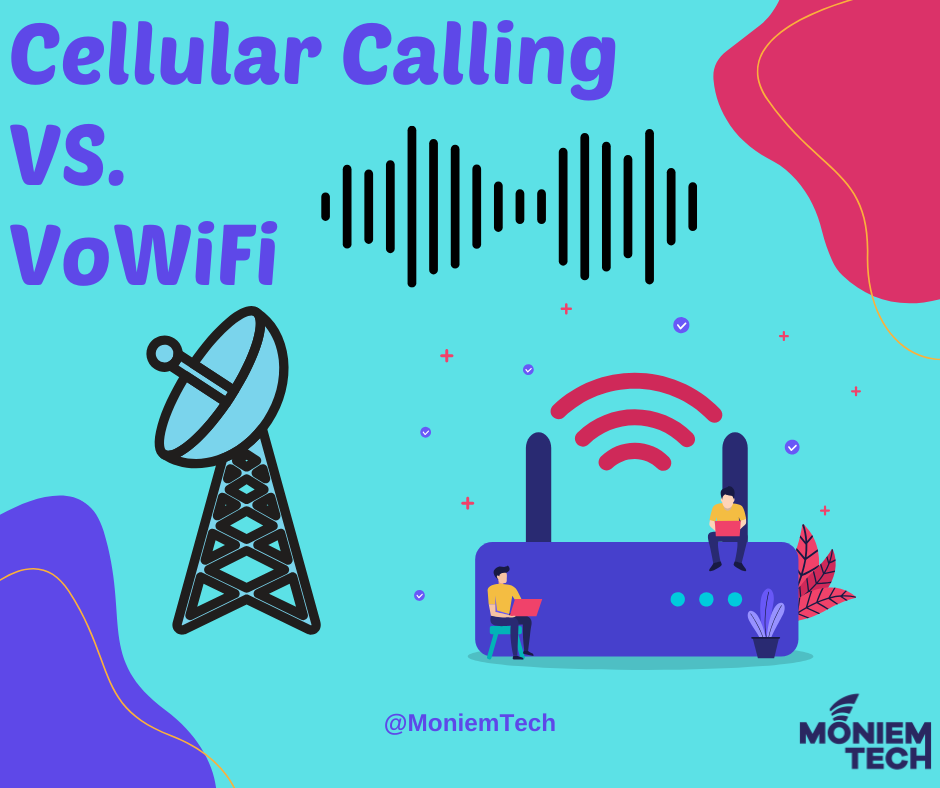
Voice calls remain one of the most vital means of communication in both personal and professional spheres. They provide instant and direct interaction, allowing for clear and immediate conversations. Unlike […]
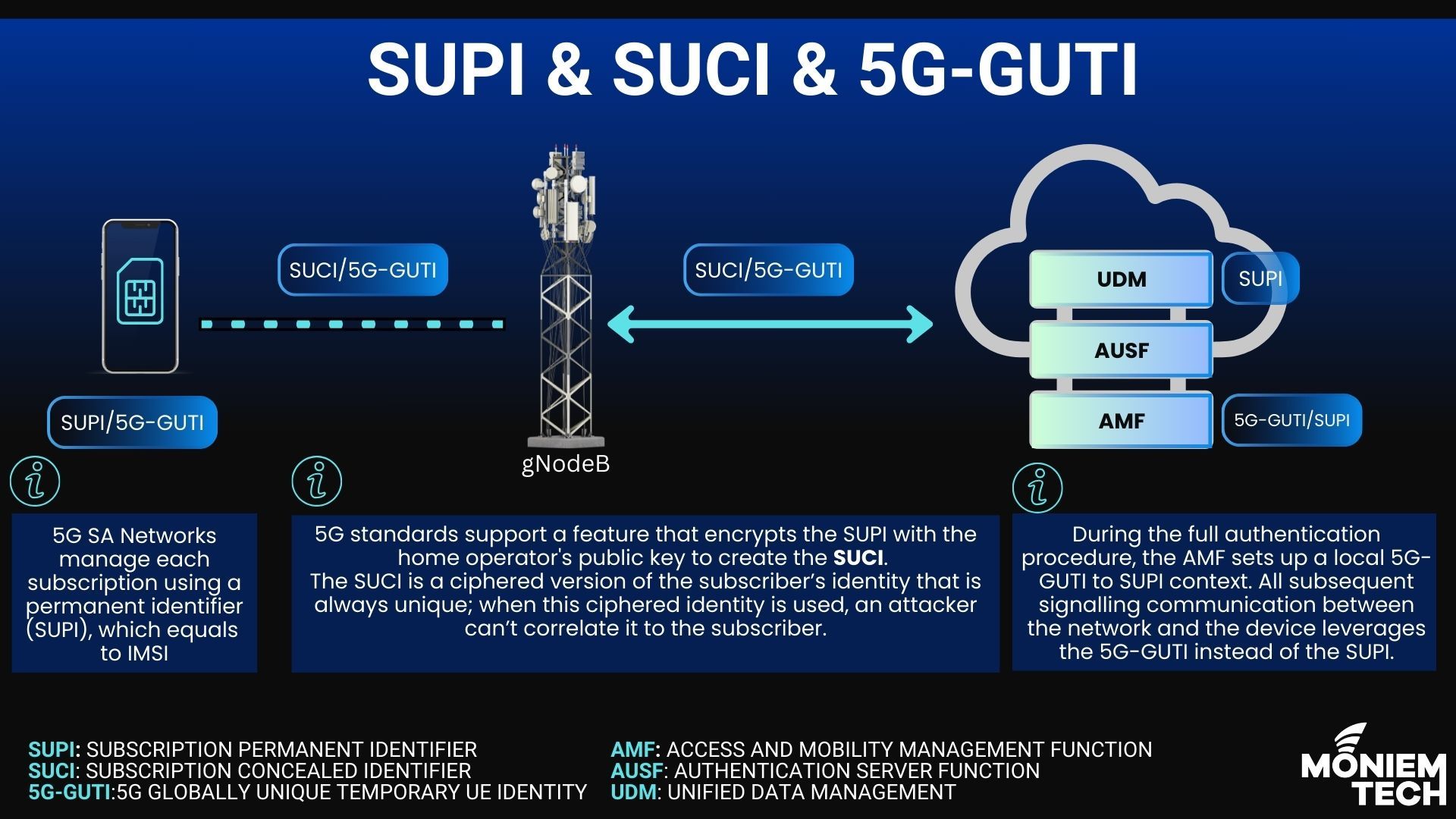
Currently, I see some confusion regarding 5G identification and the purpose of each one, such as which network node generates them and the subscriber’s role. I summarized the 3 identifications […]

What is NTN? NTN refers to a communication system that transmits data through non-terrestrial platforms, such as satellites, high-altitude platforms (HAPs), drones, or other aerial technologies, instead of relying on […]

The IMSI is a unique number assigned to every mobile subscriber, which is stored on the SIM card and used by mobile networks to identify and authenticate users. An IMSI […]

The Answer is in “Shannon–Hartley theorem“ Shannon–Hartley theorem tells the maximum rate at which information can be transmitted over a communications channel of a specified bandwidth in the presence of […]
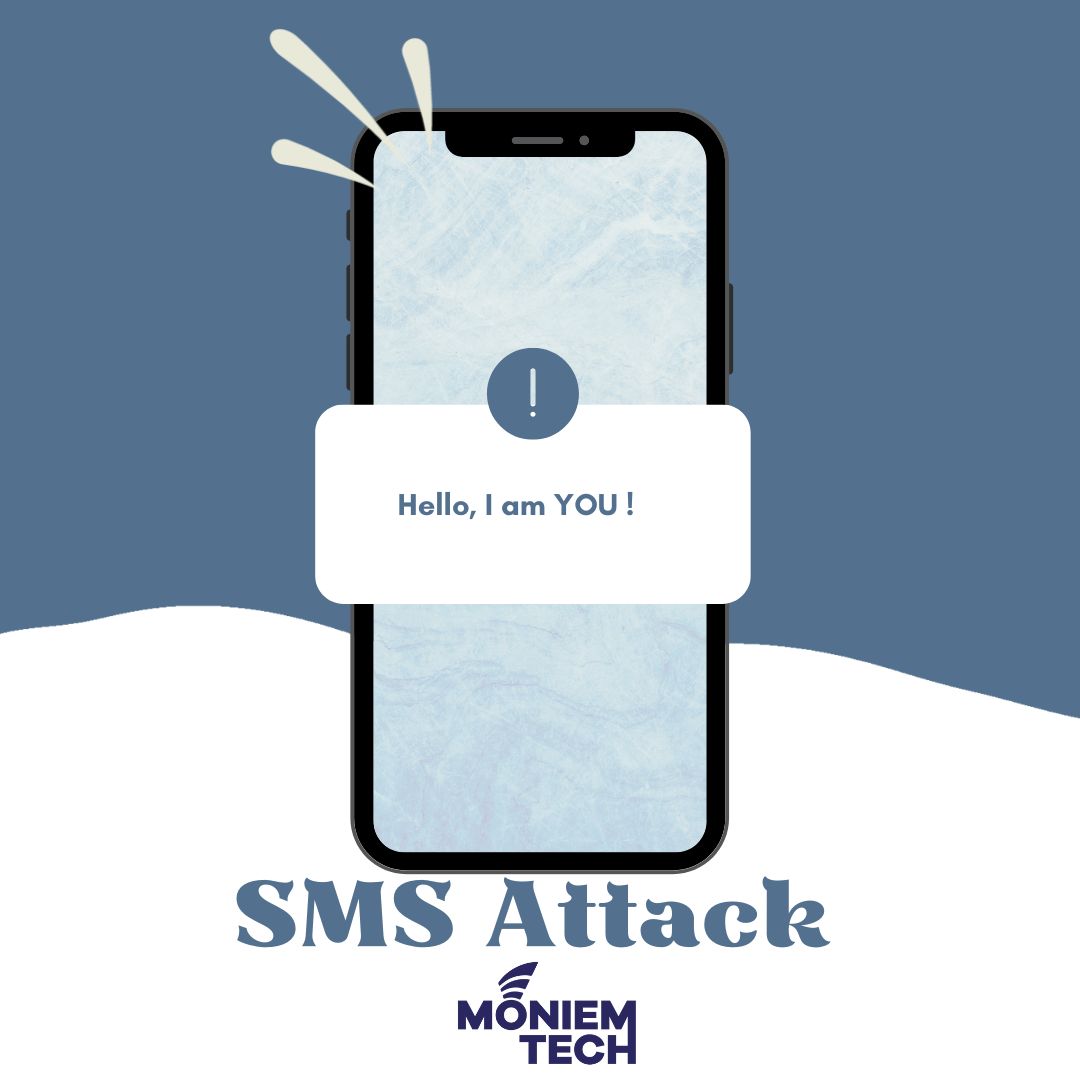
Before discussing why we need an SMS Router, let’s understand the 1st figure when the mobile device sends SMS to another Mobile through the normal scenario without an SMS Router […]
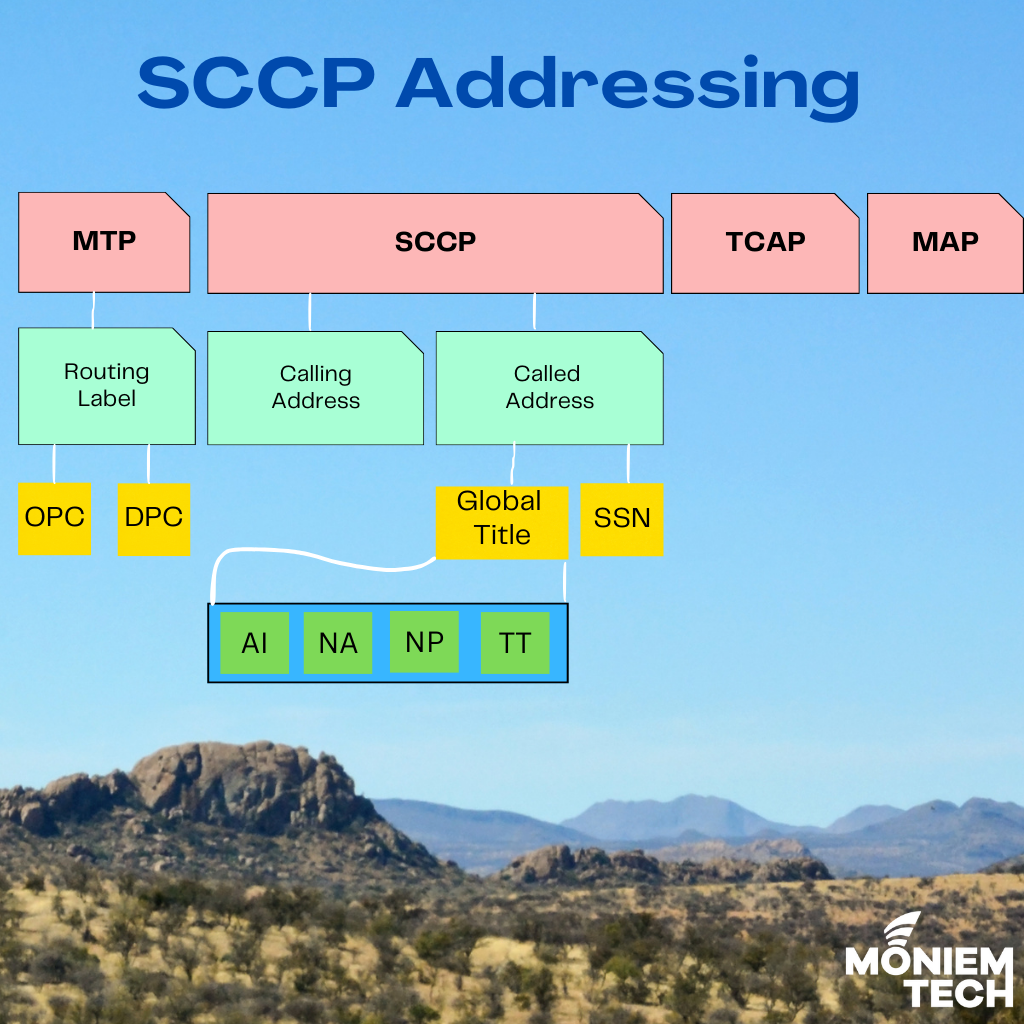
Signalling System No. 7 (SS7) is an old signaling protocol, but all mobile network operators still use it to exchange information between nodes in the network nationally and internationally. Security and […]
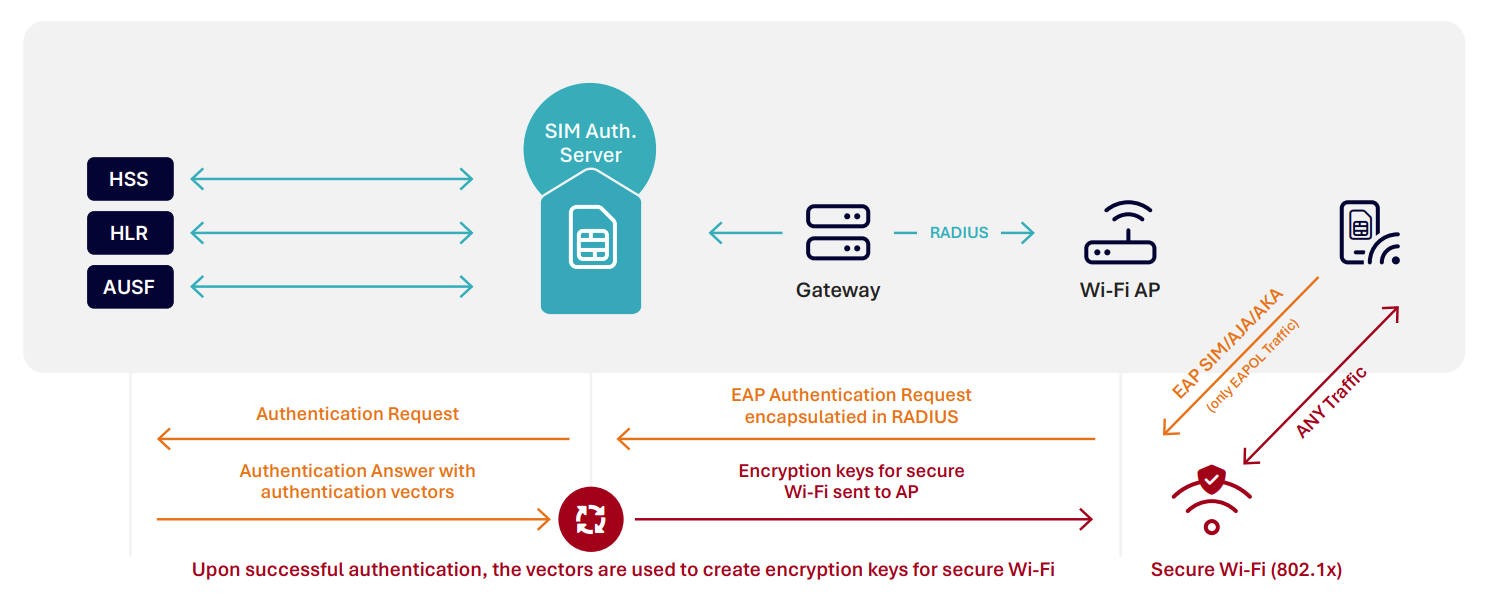
In 2021, I wrote this article about 5G and Wifi 6 convergence, and then in 2023, I addressed this big question: Are 5G and WiFi6E Friends or Competitors? Conclusion of […]
